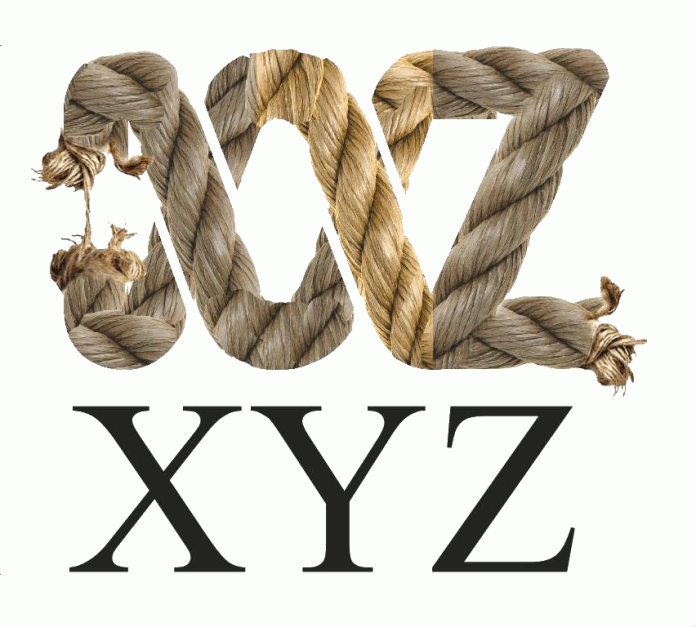When was the last time there was such a division cutting through our community and media between the realists and idealists?
Do we find ourselves in a Neville Chamberlain / Winston Churchill scenario, a showdown between the naive idealists and the grumpy, pessimistic realists?
This showdown is not so much a clash of cultures, but is a clash that is happening within our culture. It is, in the words of Thomas Sowell, ‘a conflict of visions.’
This conflict of visions goes deeper than politics. In fact, it goes to the heart of how we view human nature.
The first vision sees human nature as essentially good, but more to the point, it sees it as perfectible. This is a utopian vision.
The second vision sees human nature as essentially unchangeable and flawed. This is what might be described as a ‘realist’, or even a pessimistic vision.
Many, if not most of our political disputes come down to a conflict between varying degrees of these two visions.
It must be acknowledged that the first vision is exceedingly appealing. It would be nice to believe that people are essentially good, and if not, they can be taught and educated to be good, and we as global community, can grow and progress towards a prosperous, harmonious and sustainable society.
The second vision is less appealing. It acknowledges that whilst humans can better themselves and society, human nature is unlikely to change. Every generation will face moral challenges, and will continue to make often well-intentioned, but bad decisions.
This leads us to our current crises, whether it concerns refugees and immigration, the economy or same-sex marriage.
To which vision do you hold?
 Whilst the first vision is appealing both to the human heart and ego, it is deeply flawed. It is this kind of vision that underpinned the politics of Communism and Nazism. It is this vision which blinded Neville Chamberlain to the threat of Adolf Hitler and his ambitions. It is the kind of vision that is blind to the very real danger of negative unintended consequences that may flow from our actions, regardless of our intentions and high minded morality.
Whilst the first vision is appealing both to the human heart and ego, it is deeply flawed. It is this kind of vision that underpinned the politics of Communism and Nazism. It is this vision which blinded Neville Chamberlain to the threat of Adolf Hitler and his ambitions. It is the kind of vision that is blind to the very real danger of negative unintended consequences that may flow from our actions, regardless of our intentions and high minded morality.
And I am afraid that it is this vision which leads people to believe that we can ‘save the world’, a common slogan and catch-cry of the post war generations, but an utterly absurd, naively theological, and potentially tyrannical undertaking once the idea is subject to scrutiny.
So what vision do we assume with the current conflict in the Middle East, or the immigration crisis? Do we take the first vision, the utopian vision, and the view that we can solve these problems, if on we did this or that? If only we just accepted more refugees and gave everyone diversity training. Then all peoples will live in peace and harmony.
Or do we take the second vision, which is essentially pessimistic, but is perhaps more realistic. Make no mistake, the second vision doesn’t demand that we do nothing. Far from it. We should act, but we should be aware that human nature is flawed, and that this affects each and everyone of us; that despite our efforts, humanity will never be perfected, and all our problems will not be solved.
There remains this conflict of visions.
Which vision do you choose?










